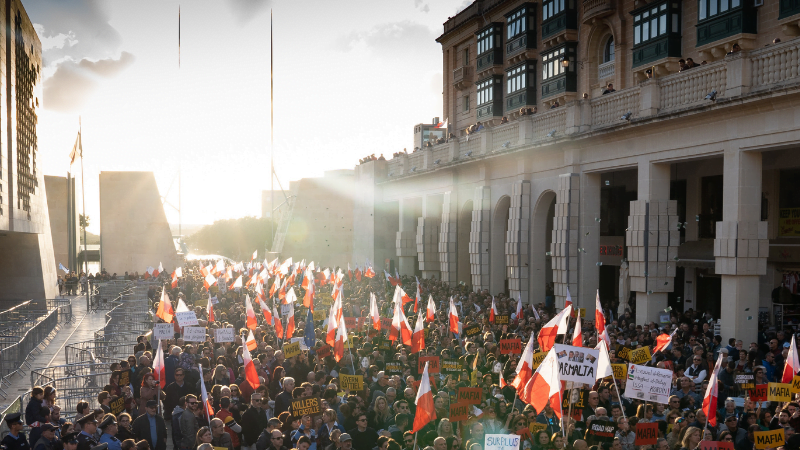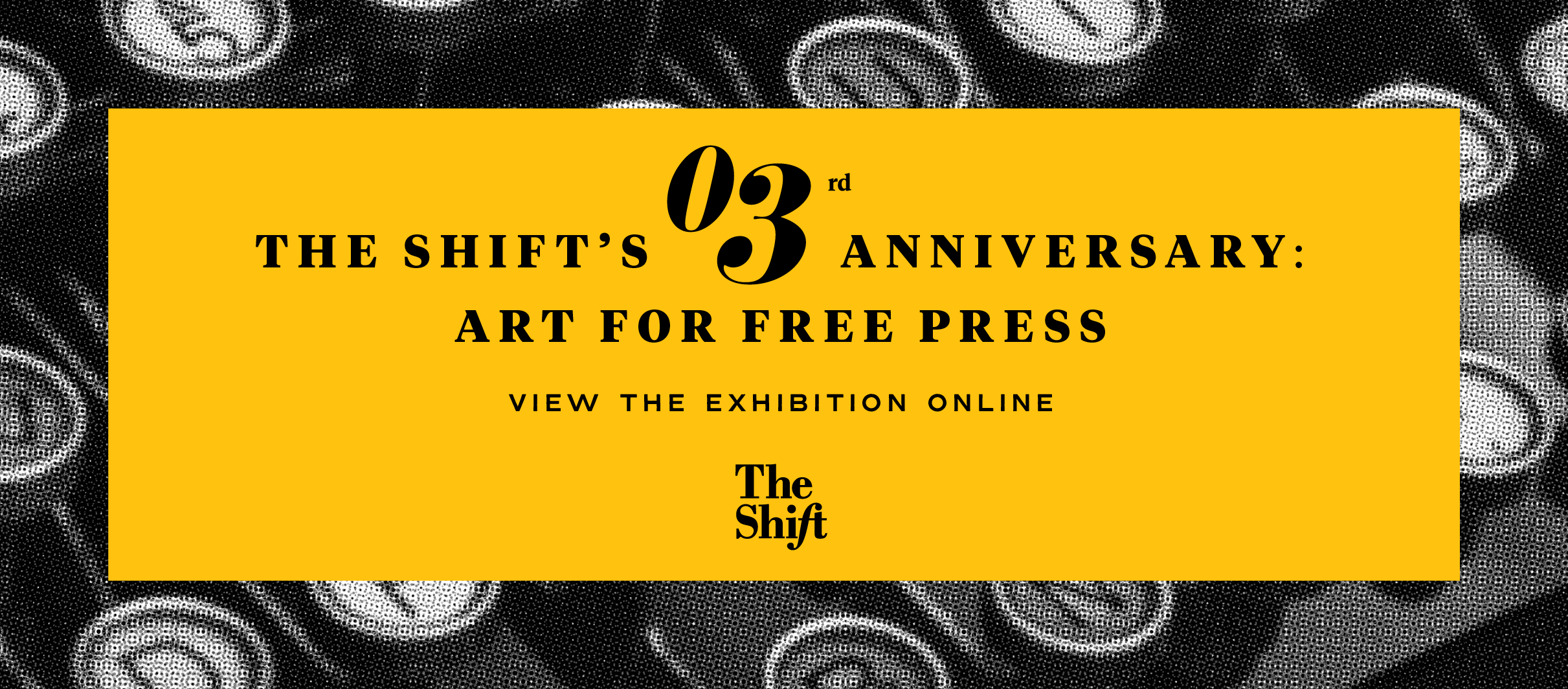There’s no hyperbole in saying that what happened last December was absolutely staggering. Joseph Muscat, who had enough vote ammo and popularity to go around for two Prime Ministers, was made to step down, battered and disgraced.
He would, of course, mumble something about passing on the baton, natural shelf life, the good of the country, his intention all along, and so on and so on. Truth is he left Castille wearing the hollowest of crowns and to curses both loud and deep.
Schadenfreude? Not really. Muscat’s forced exit was a key moment in our political history. For once, and hopefully, not for the last time, the lies and deceit and corruption and possibly other things of the very powerful caught up with them.
Part of the story of how that happened is well known. The rest will be pieced together by the historians of the future. I trust they will say that The Shift had something to do with it.
Of one thing, I’m sure: had the linen been washed in private, Muscat would have survived. That his position had become morally and politically untenable is a truism. Still, politicians are good at holding on to the untenable. What made him lose his grip this time was that the pressure was anything but domestic. Muscat, and the sod of a Malta he had cultivated, were suddenly all over the world news.
This is not to devalue the work of the many Maltese men and women who stood outside Parliament, who spoke up, who wrote, who parted with money and time. There is no contradiction in saying that they were the prime movers and that it was international pressure that toppled Muscat.
It’s a lesson in cosmopolitan democracy, if you will, and one that will probably serve us well in the future. If the corrupt will always be with you, you had better find enduring ways of defeating them.
The assassination of Daphne Caruana Galizia had everything to do with it. The killing of a journalist travels well. It resonates and is good to think with, in contexts that are far removed from a field in Bidnija. Everywhere it goes, it invites people to look carefully at the intersection between the State, the press, and hypermoneyed power.
This, then, is why, this time, it was no longer a matter of an event somewhere on a small island, and best dealt with in situ. The words ‘us’, ‘our’ and ‘here’ had done the dreadful task before: this time, they had their work cut out.
The perverted form of this argument summons the notions of foreign interference and neo-colonialism, and the figure of the traitor. It also hopelessly misses the point, which is to locate domestic politics and events within broader experience. After all, the truth, democracy, the rule of law and justice do not come in disconnected pieces.
If Daphne’s death was everything that was the matter, it would have been nothing had we kept it to ourselves. And this is exactly where good journalism comes in.
I said earlier that the assassination of Daphne, and the edifice of corruption that underwrote it, travelled well. Except they only did so because they were borne on the shoulders of robust writing and speech, in English mostly, that made them a topic for the world.
It was largely thanks to people like Caroline Muscat and her team that death and corruption in a micro-state became a matter of broad concern. It helps that there was and is nothing about The Shift that is remotely rent-seeking, and that its founder and lead journalist has a record of several years of speaking the truth to power, irrespective of who was in power.
No wonder her detractors – those, in other words, who have everything to lose – try to contain, limit and banalize Caroline as an ‘ex attivista tal-Partit Nazzjonalista’ (former Nationalist Party activist).
The name chosen by Caroline suggests a moment of transition. Rather like revolution in the Marxist sense, however, it can also mean a succession of moments. A process, in other words.
What the next moments will be, only time will tell. Supporting The Shift will make this one last as long as possible, to our net dividend.
Mark Anthony Falzon is an anthropologist and former columnist for The Sunday Times of Malta. He contributes this article as part of The Shift’s third-anniversary campaign.














Thank you for a really great piece of writing.
Well done Shift News. I see that the other media outlets are trying to silence you… that means you are doing your job. I have been coming to Malta for 21 years and spend at least 6 weeks each year in Malta and I commented from time to time in the Times of Malta… but I am now permanently blocked from commenting because I challenged some of their opinions… and I must stress: not in a rude or offensive way… so an independent news outlet is critical for the Malta democracy… KEEP IT UP! Even if we do disagree with some articles… that’s called freedom of the press!
Well done for being the only media outlet telling the truth in Malta. Big respect ?
Great article
I really would like to continue to read articles penned by Mark Anthony Falzon on The Shift. I find his analysis of any given situation as eye opening, I learn a lot and I find guidance too. MAF always help us to look at the heart of each and every matter that is happening around us, inviting us above all to dig deeper and not to remain superficial.